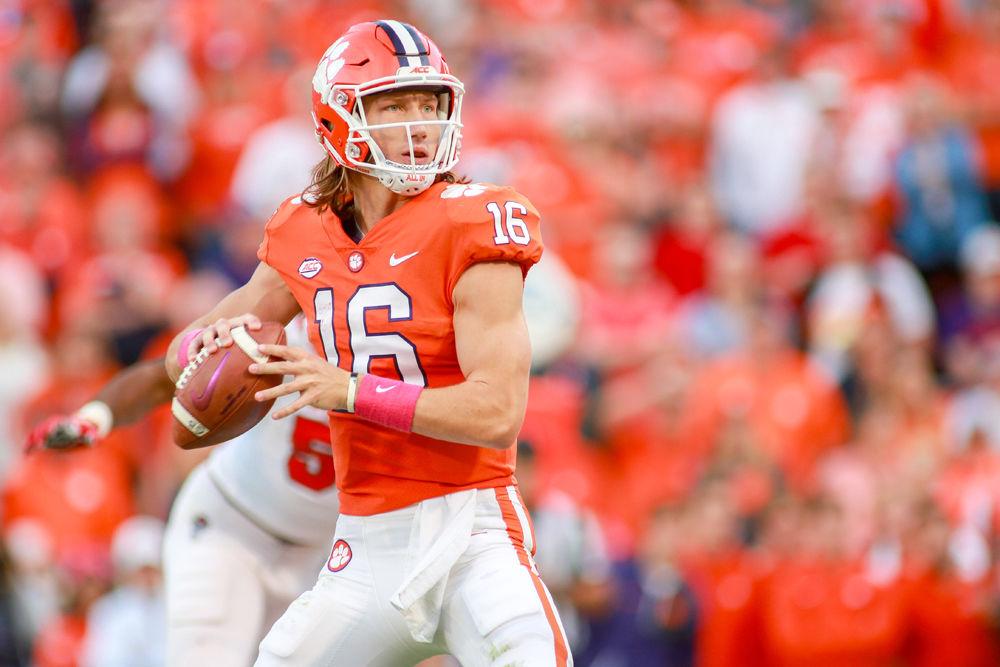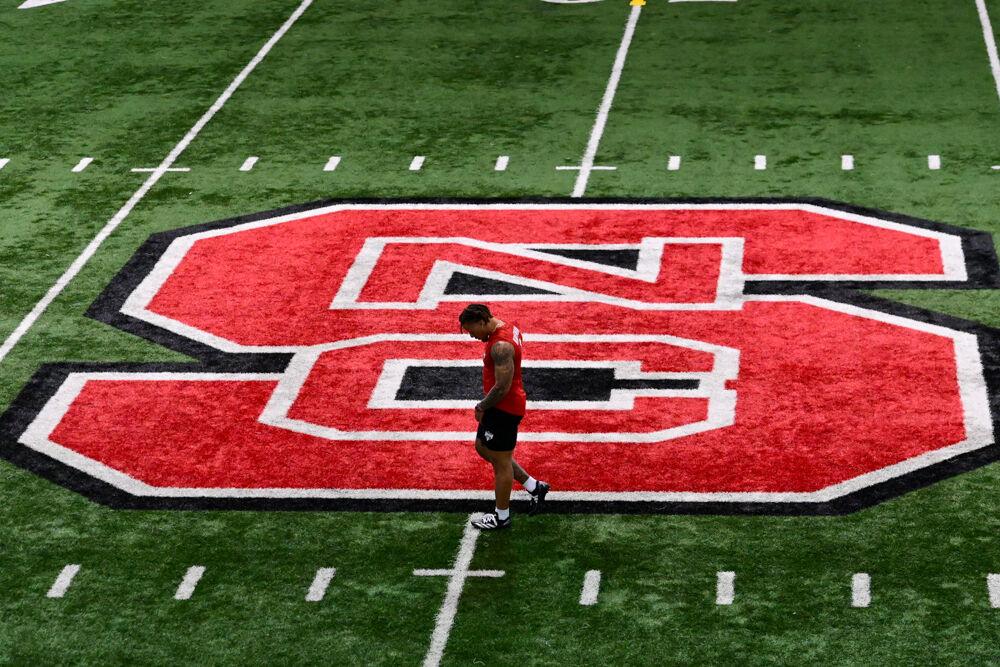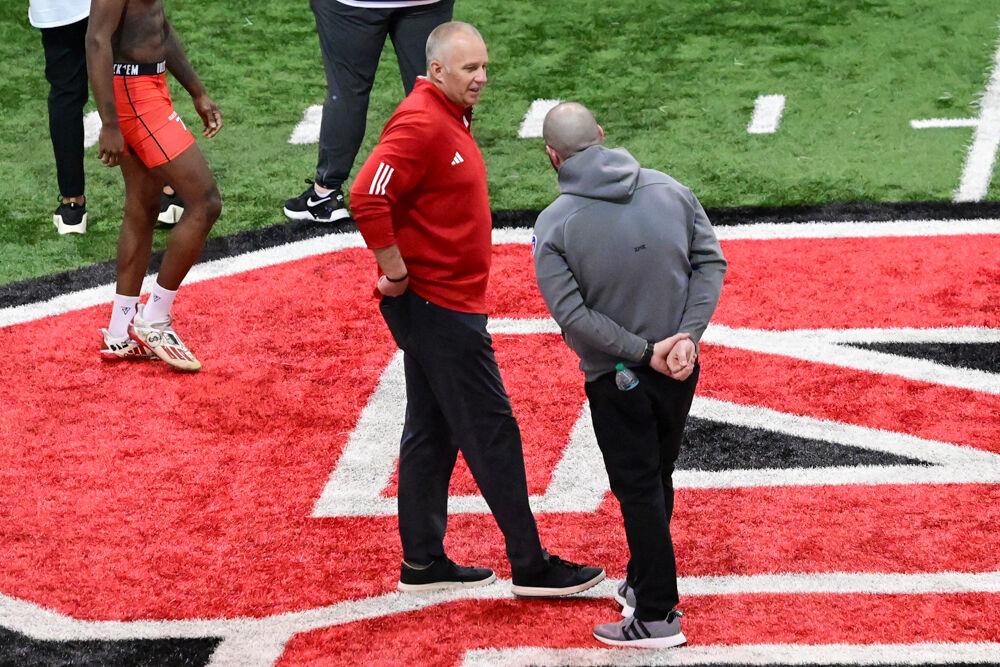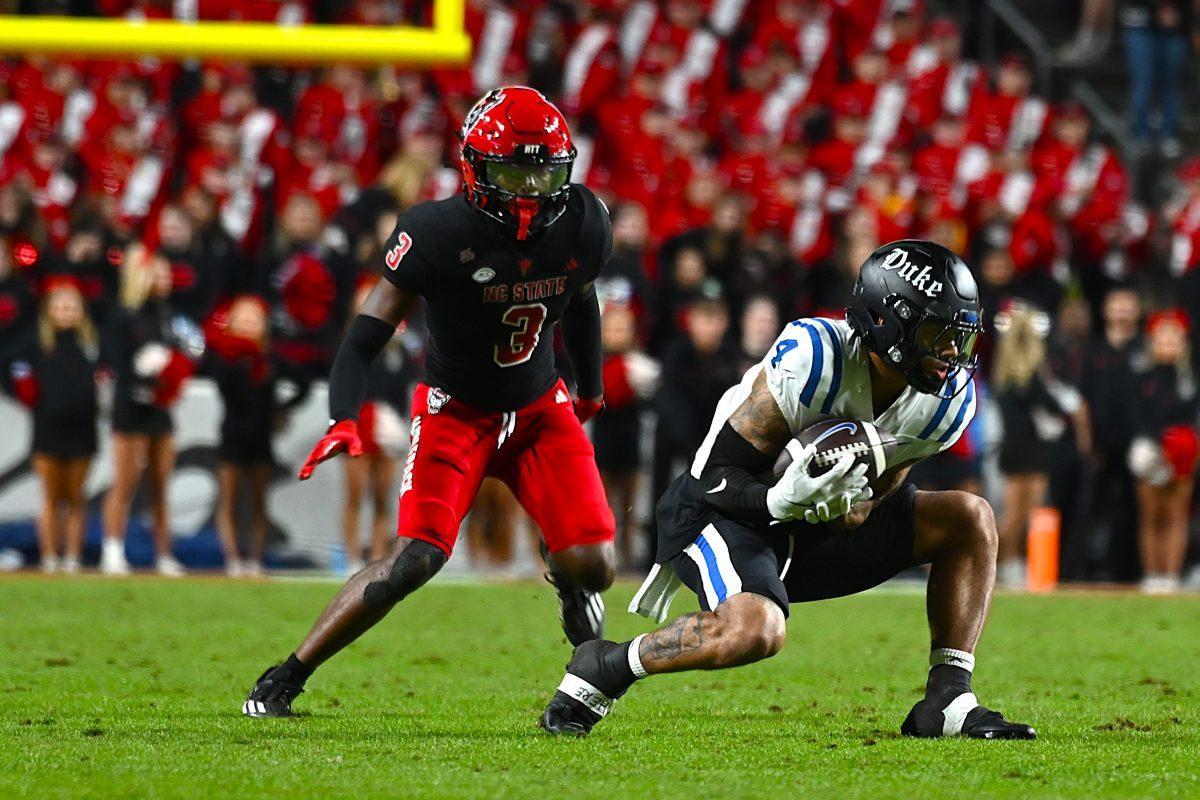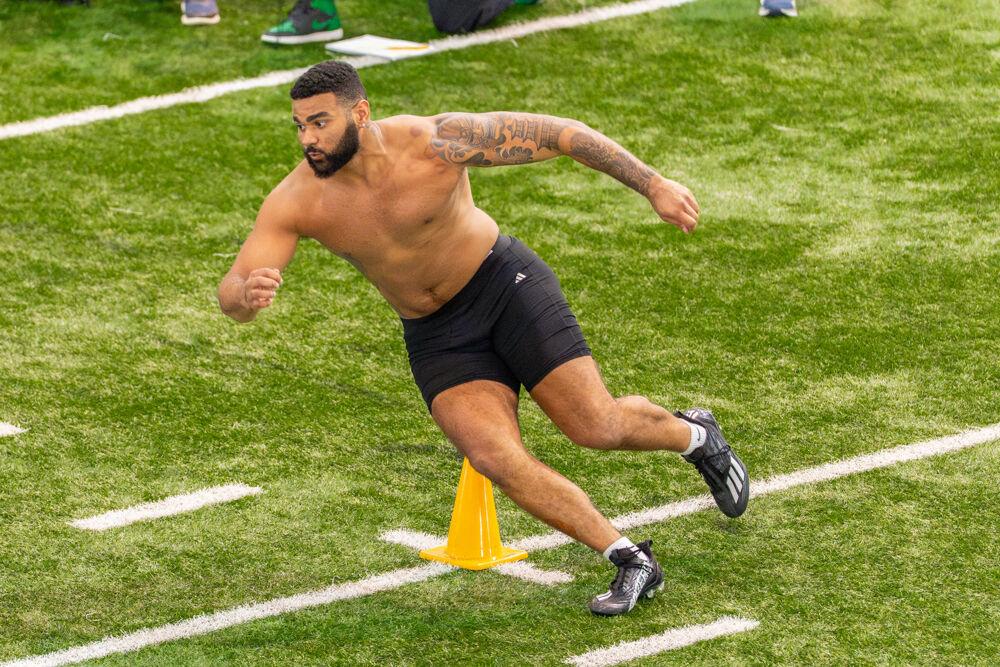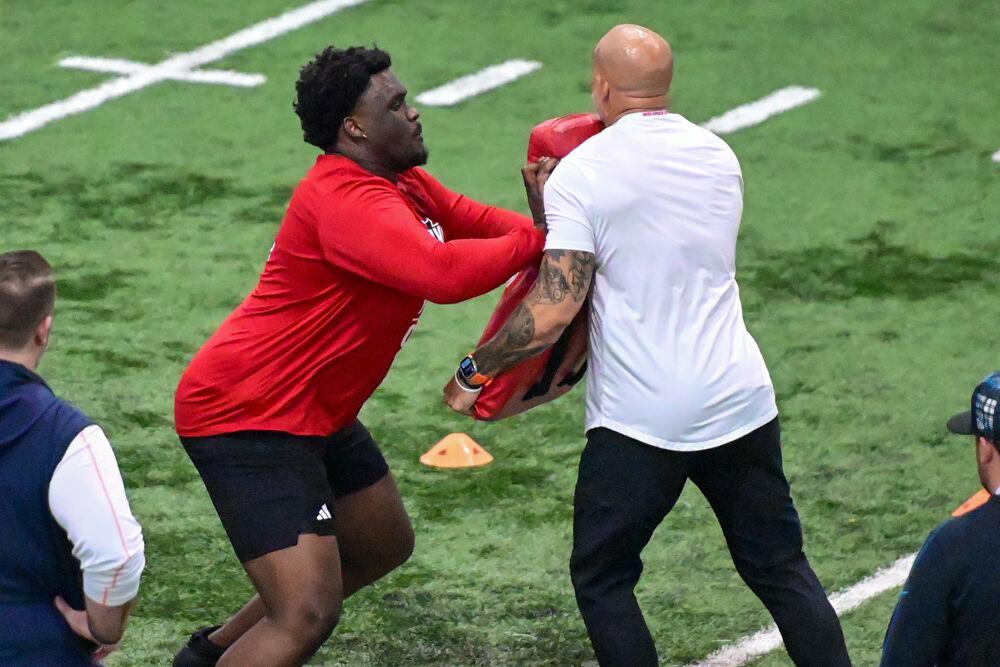On Sunday, Sept. 6, Clemson quarterback and Heisman Trophy favorite Trevor Lawrence tweeted a powerful statement from college football players that included the hashtag “#OurVoiceMatters” and a five-step plan for carrying out activism throughout a revised college football season. Despite uncertainty surrounding the season, Lawrence has been one of the premier leaders in rallying the voices of college football players across the nation.
“Over the course of the past year, our country has witnessed some of the most atrocious racial injustices against countless Black & African-American people,” the statement reads. “Too many have fallen victim to racial injustice and systemic inequities. Enough is enough. Real change must come.”
Lawrence’s statement echoes the thoughts of many athletes across the world, including those in the WNBA, NBA, MLB, and many others. In the wake of the shooting of Jacob Blake, numerous teams and leagues postponed games in order to make a statement through peaceful protest.
Of course, the backlash was innumerable and players received criticism for “not doing their jobs” and “postponing games for nothing”. However, these protests have already brought on change, with several leagues working with players to promote social justice and some NBA stadiums opening their venues to voters.
The players are absolutely right to protest in this manner, and Lawrence is wise to help bring light to this issue at the college football level. In his post, Lawrence goes on to demand a five-step plan for the 2020 college football season, which includes allowing athletes across the nation to have Nov. 3 free of athletic obligations in order to vote.
Lawrence taking action is huge for college football, as he is a projected first round pick in the 2021 NFL draft and is perhaps the biggest figure in college football today. By using his platform, Lawrence is amplifying the voices of countless Black athletes and helping bring further national attention to police brutality of innocent citizens.
“We stand together, united, to bring about positive change to our campuses, our communities and our country,” the statement reads. “As we represent different campuses and communities, action will be flexible but the goal is for all of us to make things better where we are.”
Aside from demanding to have Nov. 3 off, the statement calls for discussions with leaders about empowering communities and having serious discussions about racial inequality; creating community outreach programs; increasing collaborative discussions amongst football teams, police departments and government officials; and using game days to promote action, such as allowing racial justice statements on jerseys.
All of this should have been done a long time ago, and it is absolutely incredible to see athletes across the nation lead in this manner.
Despite statements that should be common sense, Lawrence and his peers are still seeing backlash and threats by fans who are threatening to not watch the upcoming season. Spoiler alert: If you can’t agree that all people, regardless of background, should have equal opportunities to vote and represent themselves, I’m sure these athletes don’t want you watching their games anyways.
It is absolutely ridiculous that there is any criticism of Lawrence’s plan to begin with, but arguing that athletes can’t complain because they are rich or famous is flat out ignorant.
Look no further than the Milwaukee Bucks’ Sterling Brown, who, in January 2018, was tased and racially profiled by a police officer in a Walgreens parking lot. There is bodycam evidence of the incident and it proves that regardless of social status, people of color are treated differently than white people in the United States.
Lawrence and his peers are taking a huge step by peacefully protesting during the season, and it is good for college football. In a season without fans, players’ messages regarding social justice will be televised nationally, similarly to the WNBA and NBA.
“We realize the power we have to enact this change,” the statement reads. “We, the players, have a voice, and we will use it to drive out injustice, improve our communities, and inspire the future generations.”
As college students, these athletes are part of the future of the political and racial landscape across the United States. Like it or not, after years of having their voices suppressed, athletes across the world are finally getting the opportunities to use their platform for change.
If you take offense to that, you are the problem.


